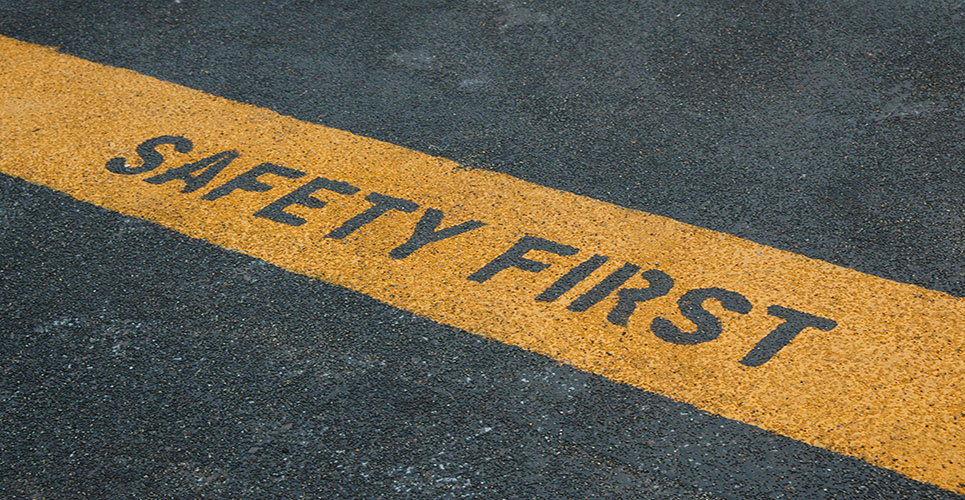teaser
Researchers have found “supermutant” bacteria which sacrifice their own development to allow others to fight off antibiotics.
Only certain strains of micro-organisms are already immune to antibiotics, which kill bacteria, but when treated with the drugs they produce a signalling molecule called indole.
This causes other bacteria to fight off the attack by developing drug resistant “muscle”, but leaves the original organisms weak and unable to grow.
The recent rise of “superbugs” such as MRSA has worried scientists around the world, who are searching for more effective drugs to work against resistant bacteria.
Study leader Professor James Collins, from Boston University in the US, said: “We weren’t expecting to find this. Typically, you would expect only the resistant strains to survive, with the susceptible ones dying off in the face of antibiotic stress. We were quite surprised to find the weak strains not only surviving, but thriving.
“It forced us to rethink our overall strategy to determine how antibiotic resistance develops and changes in a population over time.”
The new study, published in the journal Nature, involved observing how Escherichia coli (E. coli) bugs develop resistance under laboratory conditions.
Copyright Press Association 2010
